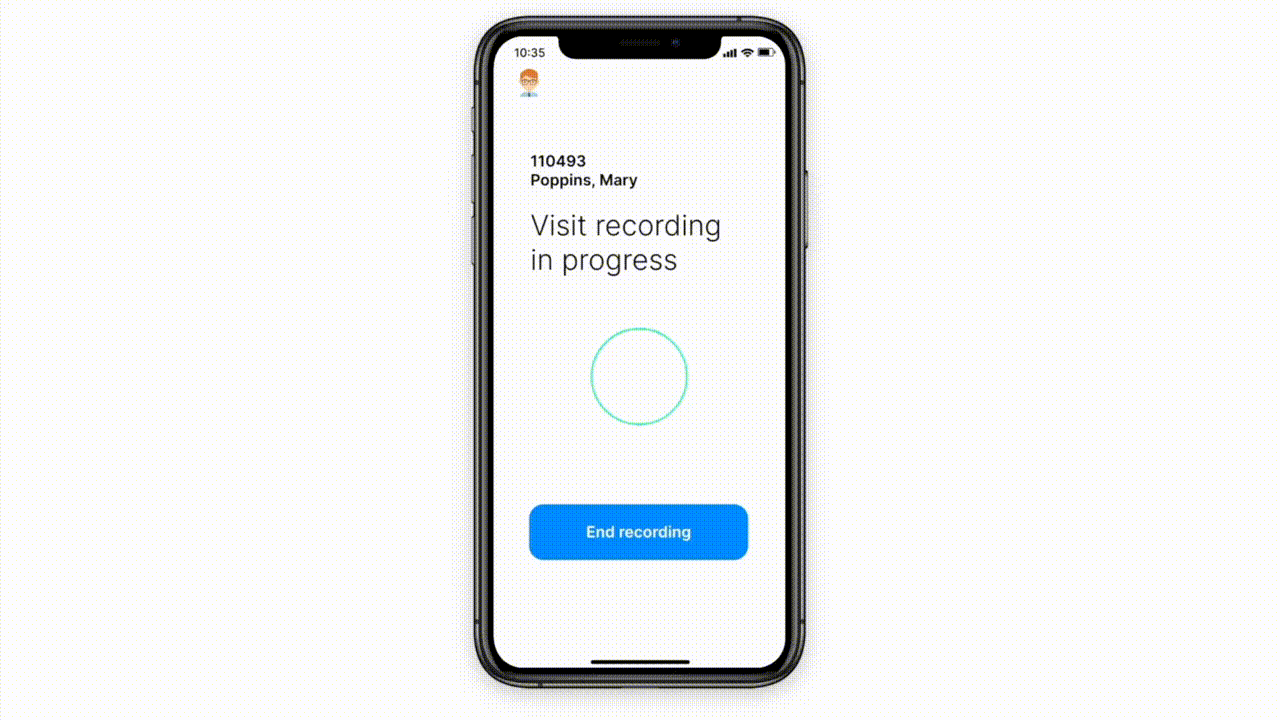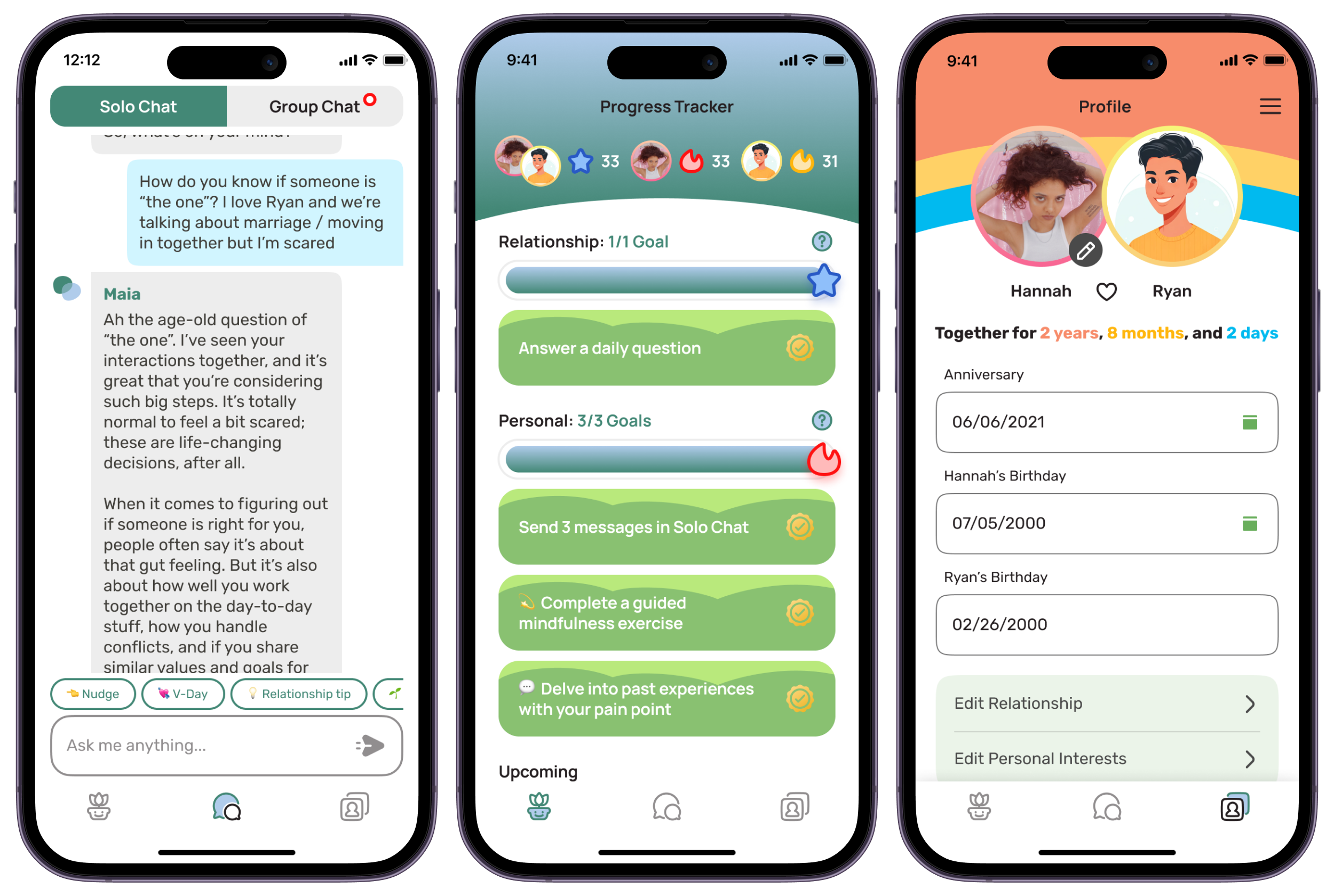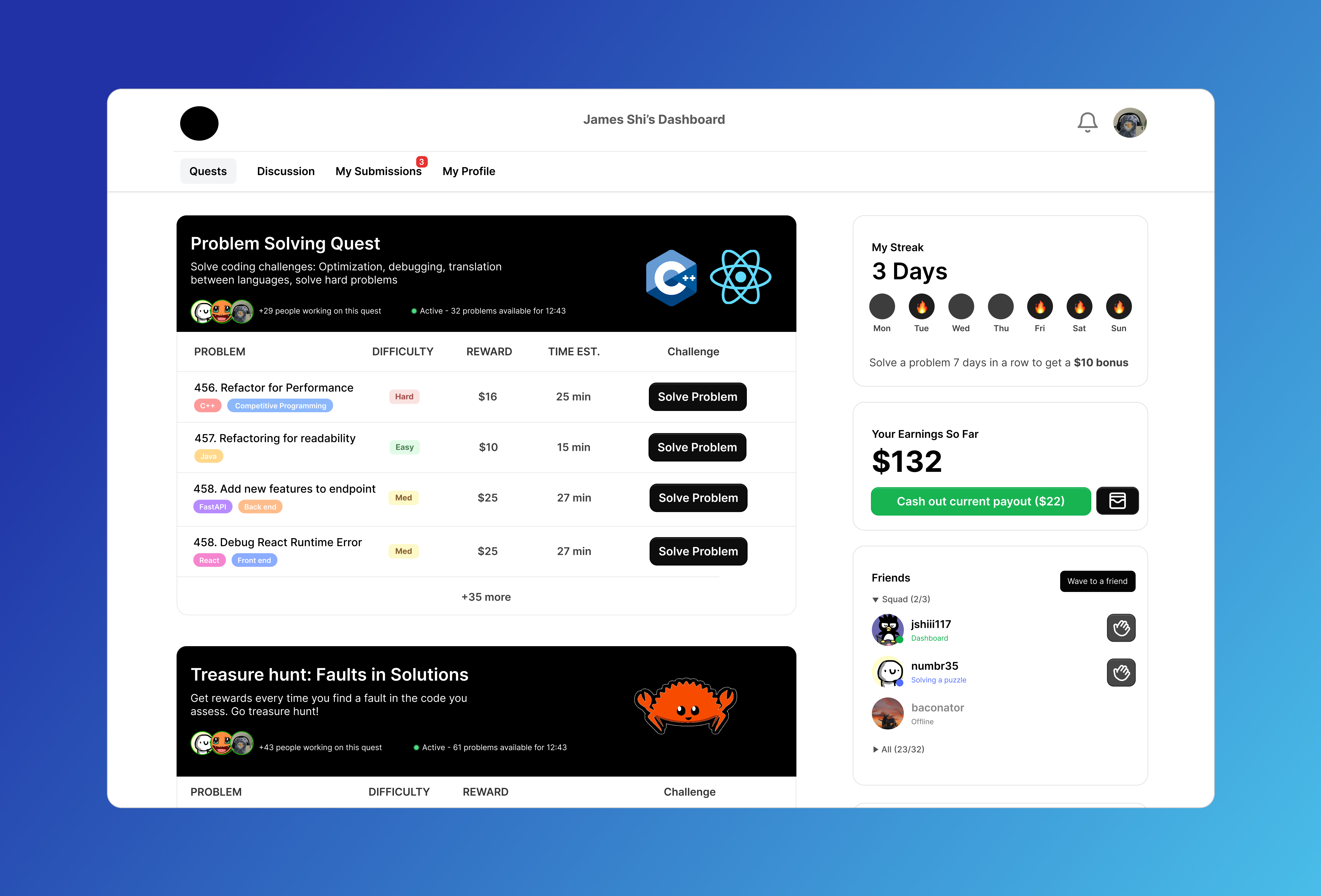These AI startups stood out the most in Y Combinator’s Winter 2024 batch


Despite an overall decline in startup investment, AI funding has increased over the past year. Capital for generative AI projects alone almost quadrupled between 2022 and 2023, reaching $25.2 billion by the end of December.
So it’s not really surprising that AI startups dominated at Y Combinator’s Winter 2024 Demo Day.
The Y Combinator Winter 2024 cohort has 86 AI startups, according to YC’s official startup directory, nearly double the number in the Winter 2023 batch and nearly triple the number in Winter 2021. Call it a bubble or overhyped, but clearly, AI is the technology of the moment.
As we did last year, we looked at the new Y Combinator cohort – the cohort featured at this week’s Demo Day – and selected some of the most interesting AI startups. Each was selected for different reasons. But initially, they stood out from the others, whether by their technology, their potential market or the experience of their founders.
Hazelnut
August Chen (ex-Palantir) and Elton Lossner (ex-Boston Consulting Group) say the government procurement process is hopelessly broken.
Contracts are published on thousands of different websites and can include hundreds of pages of overlapping regulations. (The U.S. federal government alone signs about 11 million contracts a year.) Responding to these RFPs can require the equivalent of entire business divisions, supported by outside consultants and law firms.
Chen and Lossner’s solution is AI to automate the discovery, drafting and compliance process of government contracts. The couple – who met at university – call her Hazel.
Image credits: Hazelnut
Through Hazel, users can be matched with a potential contract, generate a draft response based on the RFP and their company information, create a task checklist, and automatically run compliance checks .
Given the AI’s tendency to hallucinate, I’m a little skeptical that Hazel’s responses and controls will be consistently accurate. But even if they’re close, they could save a tremendous amount of time and effort, allowing small businesses a chance to win hundreds of billions of dollars in government contracts awarded each year.
Andy A.I.
Home health nurses handle a lot of paperwork. Tiantian Zha knows this well: she previously worked at Verily, the life sciences division of Alphabet, Google’s parent company, where she participated in projects ranging from personalized medicine to reducing cell-borne diseases. mosquitoes.
During her work, Zha discovered that documentation was a significant waste of time for home health nurses. It’s a widespread problem: According to one study, nurses spend more than a third of their time on documentation, reducing time spent on patient care and contributing to burnout.
To ease the documentation burden for nurses, Zha co-founded Andy AI with Max Akhterov, a former Apple engineer. Andy is essentially an AI-powered scribe, capturing and transcribing the spoken details of a patient visit and generating electronic health records.

Image credits: Andy A.I.
As with any AI-based transcription tool, there is a risk of bias, that is, the tool may not work well for some nurses and patients based on their accents and choice of language. words. And, from a competitive standpoint, Andy isn’t exactly the first of his kind to do it. market – competitors include DeepScribe, Heidi Health, Nabla and Amazon’s AWS HealthScribe.
But as healthcare moves more and more into the home, demand for apps like Andy AI appears poised to increase.
Precipitation
If your experience with weather apps is anything like this reporter’s, you’ve been caught in a rainstorm after blindly believing predictions of clear blue skies.
But it doesn’t have to be that way.
At least that’s the principle of Precip, an AI-based weather forecasting platform. Jesse Vollmar came up with the idea after founding FarmLogs, a startup that sold crop management software. He teamed up with Sam Pierce Lolla and Michael Asher, previously chief data officer at FarmLogs, to make Precip a reality.

Image credits: Precipitation
Precip provides analytics on precipitation, for example estimating the amount of precipitation in a given geographic area over the past few hours or days. Vollmar says Precip can generate “high precision” measurements for any location in the United States down to the kilometer (or two), forecasting conditions up to seven days in advance.
So what is the value of precipitation measurements and alerts? Well, Vollmar says farmers can use them to track crop growth, construction crews can refer to them for crew scheduling, and utilities can leverage them to anticipate service interruptions. A transportation customer checks Precip daily to avoid poor driving conditions, Vollmar says.
Of course, there is no shortage of weather forecast apps. But AI like Precip’s promises to make predictions more accurate – if AI is worth its salt, that is.
Maia
Claire Wiley started a couples coaching program while studying for her MBA at Wharton. This experience led her to study a more technological approach to relationships and therapy, which resulted in Maia.
Maia – which Wiley co-founded with Ralph Ma, a former Google Research scientist – aims to empower couples to build stronger relationships through AI-powered advice. In Maia’s apps for Android and iOS, couples message each other in a group chat and answer daily questions such as what they consider to be challenges to overcome, past problems and to-do lists for which they are grateful for.

Image credits: Maia
Maia plans to make money by charging for premium features such as therapist-designed programs and unlimited messaging. (Maia normally limits texts between partners – an arbitrary and frustrating limitation if you ask me, but so on.)
Wiley and Ma, both from divorced households, say they worked with a relationship expert to create the Maia experience. The questions that come to mind, however, are: (1) how solid is Maia’s relationship science, and (2) can it stand out in the exceptionally crowded field of couples apps? We’ll have to wait to see.
Data curve
The AI models at the heart of generative AI applications like ChatGPT are trained on huge datasets, a mix of public and proprietary data from around the web, including e-books, social media posts and blogs personal. But some of this data is problematic from a legal and ethical perspective – not to mention wrong in other respects.
The glaring lack of data curation is the problem, if you ask Serena Ge and Charley Lee.
Ge and Lee co-founded Datacurve, which provides “expert quality” data for training generative AI models. This is specifically code data, which Ge and Lee say is particularly difficult to obtain thanks to the expertise needed to label it for AI training and restrictive user licenses.

Image credits: Data curve
Datacurve hosts a gamified annotation platform that pays engineers to solve coding problems, which contributes to Datacurve’s training datasets for sale. Speaking of which, these datasets can be used to train models for code optimization, code generation, debugging, user interface design and much more, Ge and Lee say.
It’s an interesting idea, of course. But Datacurve’s success will depend on the quality of its data sets and its ability to attract enough developers to continue developing and improving them.
techcrunch


/cdn.vox-cdn.com/uploads/chorus_asset/file/25461680/INTV_logo_1920x1080.png?w=390&resize=390,220&ssl=1)

/cdn.vox-cdn.com/uploads/chorus_asset/file/24385267/STK148_Microsoft_Edge_2.jpg?w=390&resize=390,220&ssl=1)
